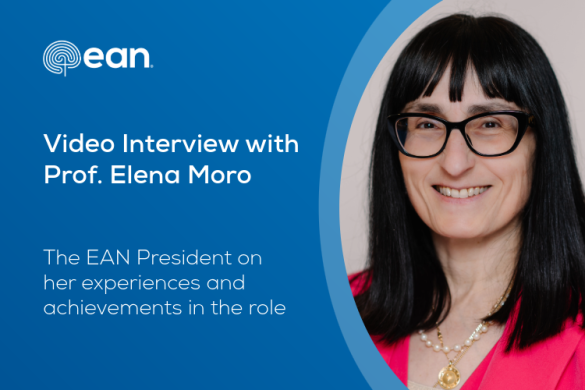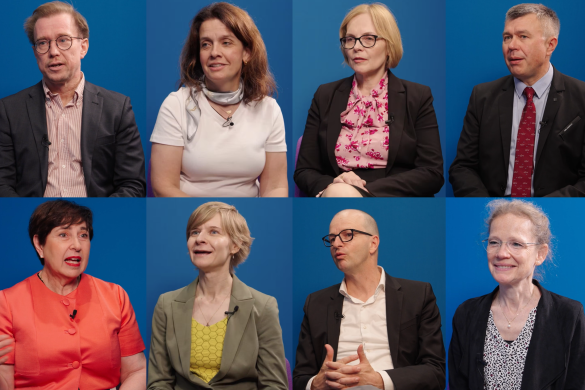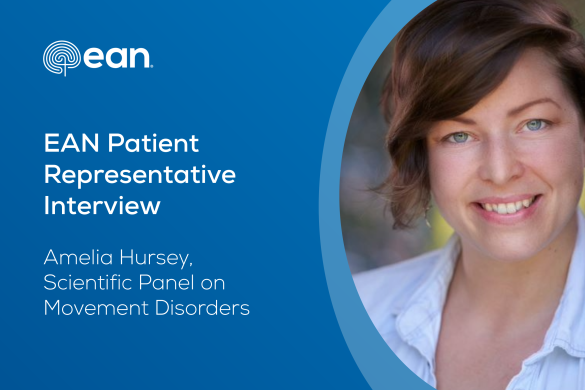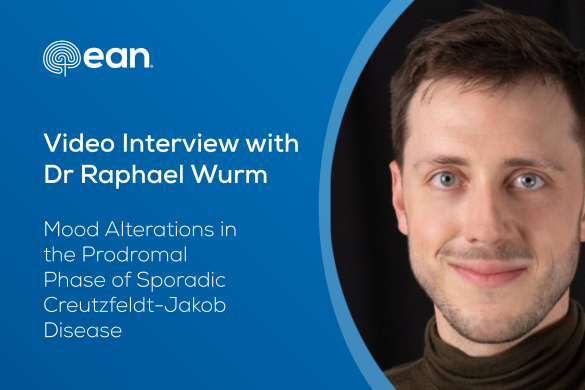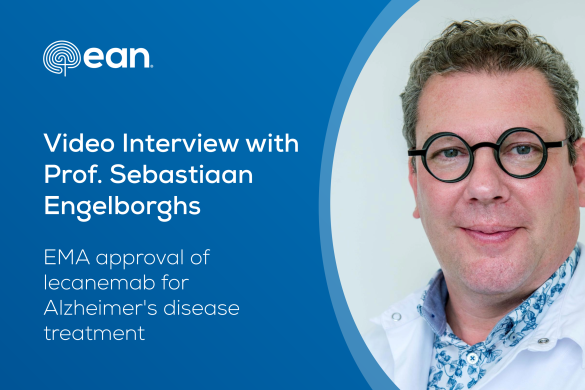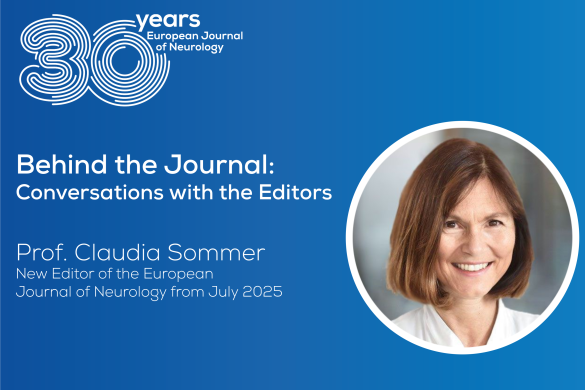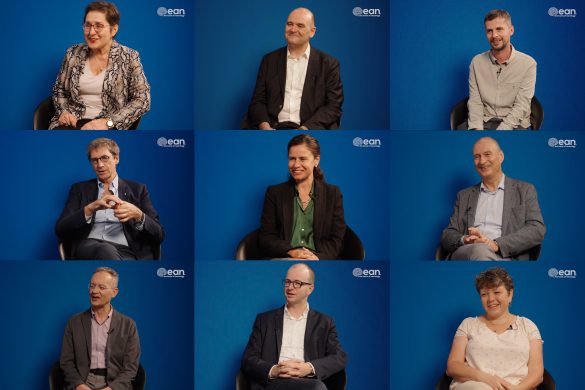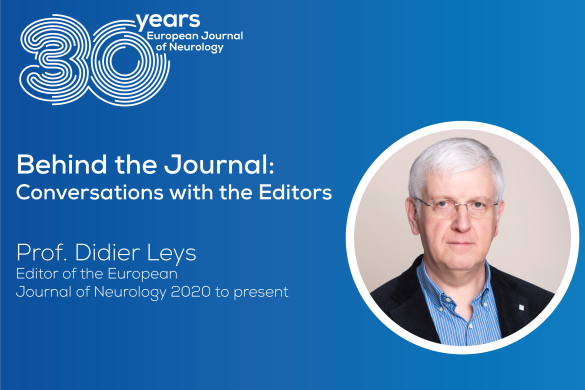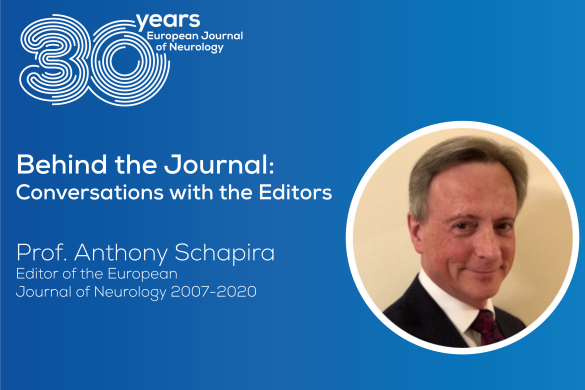The EFNS Scientist Panels and ENS Subcommittees aim at coordinating different facets of clinical research and good neurological practice at European level. They will play a very important role in the European Academy of Neurology – EAN. We invited the chairpersons of the EFNS Scientist Panels and ENS Subcommittees for their view on the future role of these panels/subcommittees within the EAN.
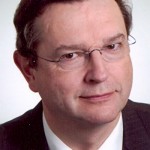 Interview with Max Josef Hilz
Interview with Max Josef Hilz
Neuropenews (NN): Briefly outline the future role you see for your Scientist Panel within the European Academy of Neurology.
Max Josef Hilz (MJH): The autonomic nervous system (ANS) is involved in most neurological diseases. Stroke, multiple sclerosis, movement disorders, inflammatory diseases, epilepsies, traumatic spinal cord and brain injuries, metabolic disorders or neuropathies, are just a few of the many primary and secondary autonomic disorders. Still, we learn little about the ANS in medical school or during neurology training. Consequently, knowledge about the ANS is scarce and needs to be promoted. The field is often considered an “exotic” sub-subspecialty that attracts insufficient attention although patients’ quality of life worsens drastically with the onset of autonomic complications, such as compromised thermoregulation, gastrointestinal, bladder, genital dysfunction, orthostatic intolerance, altered sleep-wake cycle, impaired baro- and chemoreflex interaction with increased risk of sudden death, etc.
The ANS scientist panel is dedicated to education and research in all areas of the ANS, to training students, residents and accomplished neurologists alike, to building bridges to neighbouring specialties within and beyond neurology. We wish to assure that teaching and knowledge about the ANS become common standard. We promote cross-fertilization between other neurological and medical specialties. We also want to educate patients and strive for advanced therapies to the benefit of our patients. We seek the cooperation with other groups and societies interested in the ANS, such as the European Federation of Autonomic Societies, EFAS, with whom we intend to continue joint conferences every four years. Teaching activities throughout Europe, summer schools, long and short-term fellowships in ANS laboratories shall promote the understanding of this essential neurological field.
NN: How can Neuropenews contribute and enhance the work of your panel?
MJH: We hope that Neuropenews promotes our goals and presents our work and efforts to the wide community of readers throughout Europe and all participating countries.
Neuropenews might also act as platform for residents, fellows and junior ANS researchers summarizing reports about scientific “autonomic” meetings, teaching courses and fellowship options in the area of the ANS. With such a forum, Neuropenews can help us raise interest in this multi-facetted and fascinating area of neurology. The Case Report section might inspire junior researchers to publish interesting cases (https://www.eanpages.org/?p=1688). Reports about individual research groups, autonomic laboratories and their aims and options will increase the interest in our clinical and research work.
Brief summaries of recent research, as well as overview articles on the many ANS topics will demonstrate the multitude of options for clinical and research work in the ANS. Follow-up reports on fellowships, a summer school or ongoing scientific discussions might attract neurologists to this field. Promotion of courses, summer-school activities, clinical fellowships and research opportunities can help us attract young colleagues who are the future of our field.
NN: Thank you for your time!
Max J. Hilz is Professor of Neurology at the Department of Neurology, Universitätsklinikum Erlangen in Germany.





